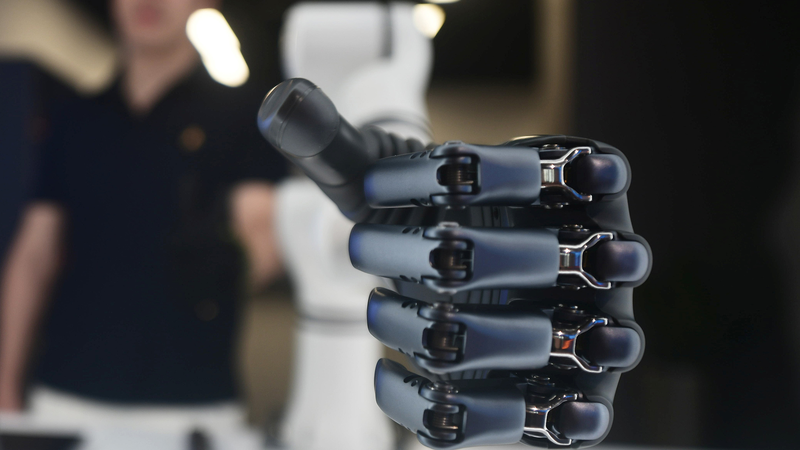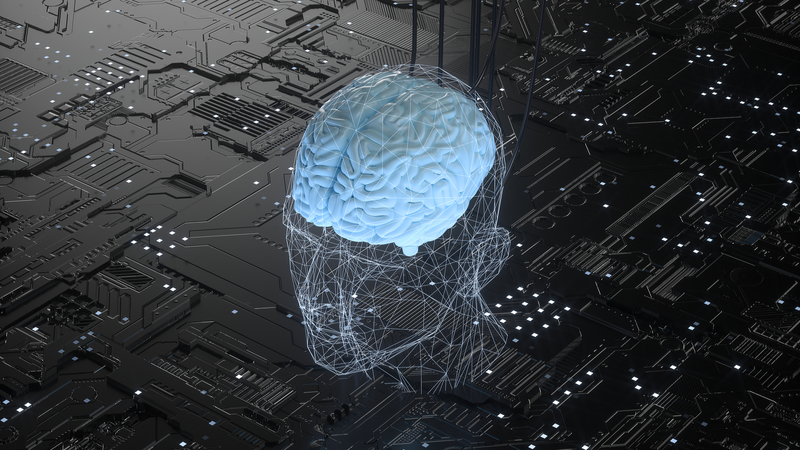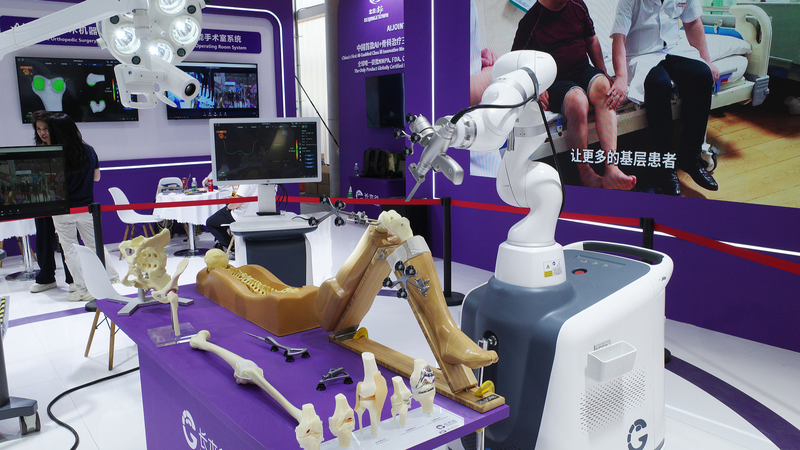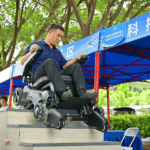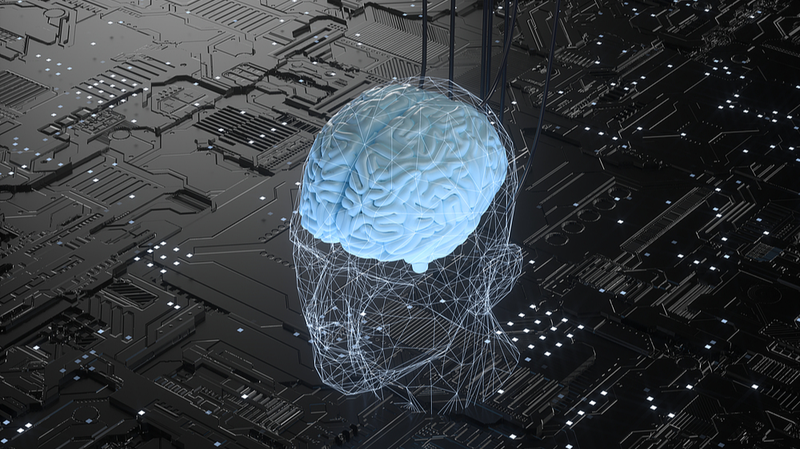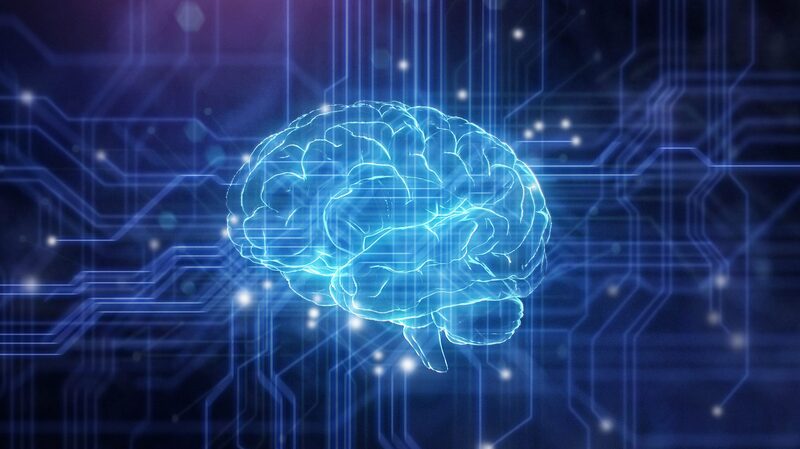Imagine controlling a robotic hand with your thoughts—no magic, just science! 🧠⚡ Zhou Jian, who lost his right hand at 12, now writes, works, and even plays piano using a brain-controlled bionic limb. His secret? Brain-computer interface (BCI) technology, a game-changer for millions worldwide.
Zhou’s prosthetic, developed by Hangzhou-based BrainCo, uses sensors to translate muscle signals into precise movements. "Training phantom limb sensations is key," he says, proving tech can turn 'impossible' into 'I’m possible.' 🎹🤖
Founded by Han Bicheng, BrainCo has spent a decade perfecting non-invasive BCI devices. After wowing CES 2016 with a prototype, their bionic hand hit mass production in 2020. Now, Han’s team aims to help 1 million people with disabilities regain independence and support 10 million more with conditions like autism by 2030.
This isn’t just tech—it’s hope reimagined. As China marks its 35th national day for assisting persons with disabilities on May 18, innovations like these spotlight a future where limitations are… deleted. 🌍💡
Reference(s):
How will BCI technology change the lives of people with disabilities?
cgtn.com
